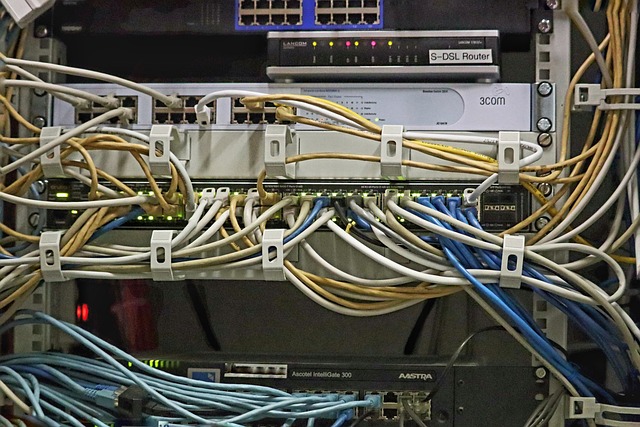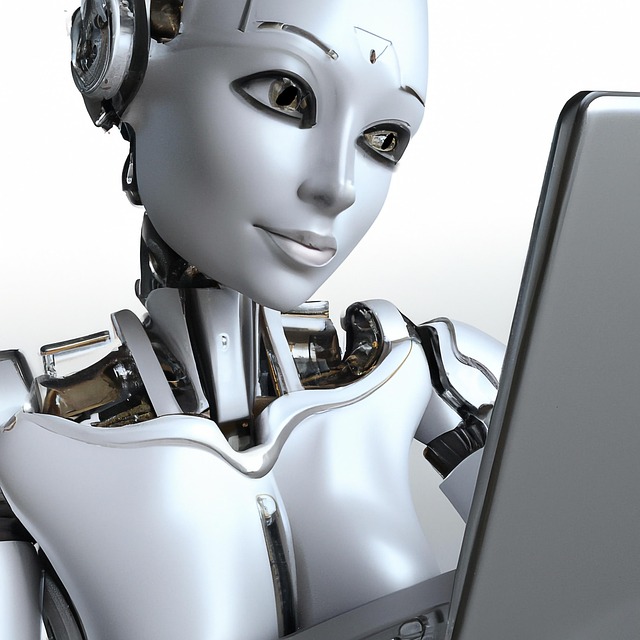# AI Technology Breakthroughs: Exploring the Latest Innovations Transforming Our World Today
Artificial Intelligence (AI) has evolved rapidly over the past decade, fundamentally altering how industries function and how individuals interact with technology. This article explores the latest innovations in AI technology, focusing on breakthroughs that are reshaping various sectors, enhancing productivity, and improving the quality of life. From healthcare to finance, and autonomous systems, the advancements in AI are nothing short of revolutionary.
## Transforming Healthcare with AI
The healthcare industry has witnessed significant transformations due to AI technologies. Machine learning algorithms are now capable of analyzing vast amounts of medical data, enabling healthcare professionals to make more informed decisions. For instance, AI-driven diagnostic tools can evaluate medical images with remarkable accuracy, often surpassing human radiologists in identifying conditions such as tumors or fractures. These innovations not only enhance diagnostic precision but also expedite the process, allowing for quicker treatment.
Moreover, personalized medicine is gaining traction as AI systems analyze genetic information to tailor treatments to individual patients. By leveraging data from genomic sequencing, AI can identify specific drug responses and potential side effects, leading to more effective and safer treatment plans. This shift towards personalized healthcare signifies a monumental leap forward, offering the potential to improve patient outcomes significantly.
In addition to diagnostics and treatment, AI is streamlining administrative processes within healthcare facilities. Natural Language Processing (NLP) technology is being utilized to automate documentation and patient interactions, reducing the burden on healthcare professionals. As a result, doctors can devote more time to patient care rather than administrative tasks, enhancing overall efficiency in healthcare delivery.
## Revolutionizing Finance through AI Innovations
Financial services are undergoing a paradigm shift, thanks to AI innovations that are enhancing risk management, fraud detection, and customer service. Machine learning algorithms are now employed to analyze transaction patterns and detect anomalies that indicate fraudulent activity. These systems can process vast datasets in real-time, identifying potential threats faster than traditional methods. Consequently, financial institutions are better equipped to protect their clients and minimize losses.
Additionally, AI-powered robo-advisors are transforming investment strategies by providing personalized financial advice based on individual risk tolerances and investment goals. These algorithms analyze market trends and historical data, enabling users to make informed decisions without the need for a human advisor. This democratization of financial advice makes investing more accessible, appealing to a broader audience, including those who may have previously felt intimidated by the complexities of the financial markets.
Furthermore, AI is enhancing customer service in the finance sector through the implementation of chatbots and virtual assistants. These AI-driven tools can handle a wide range of inquiries, from account management to transaction queries, providing customers with immediate assistance. By automating routine tasks, financial institutions can allocate resources more efficiently and focus on developing more complex financial products and services.
## Advancements in Autonomous Systems and Robotics
The development of autonomous systems and robotics represents one of the most exciting frontiers in AI technology. Self-driving vehicles are perhaps the most visible manifestation of this innovation, with companies like Tesla, Waymo, and others making significant strides in creating cars that can navigate complex environments without human intervention. These vehicles rely on sophisticated sensor systems and AI algorithms to interpret data from their surroundings, making real-time decisions to ensure safety and efficiency.
In addition to transportation, robotics powered by AI are making significant inroads in industries such as manufacturing and logistics. Automated systems can now perform intricate tasks with precision, from assembling products to managing inventory. The integration of AI in these processes not only increases productivity but also minimizes human error, leading to higher quality outputs. As such, companies are reaping the benefits of reduced operational costs and enhanced supply chain efficiency.
Another area where AI-driven robotics is making an impact is in agriculture. Autonomous drones and robots are being deployed for tasks such as crop monitoring, planting, and harvesting. These technologies enable farmers to optimize their operations, improve yields, and reduce resource consumption. By harnessing AI, the agricultural sector is moving towards more sustainable practices that can meet the demands of a growing global population.
## Conclusion: The Future of AI Technology
As we delve deeper into the capabilities of AI technology, it becomes evident that its potential is vast and largely untapped. The breakthroughs discussed in this article highlight just a fraction of the innovations transforming our world today. With ongoing research and development, the future promises even more profound changes across various sectors.
Looking ahead, ethical considerations will play a crucial role in shaping the trajectory of AI technology. Ensuring that these systems are developed and deployed responsibly will require collaboration between technologists, policymakers, and society at large. By addressing concerns related to privacy, bias, and accountability, we can harness the power of AI while safeguarding fundamental human rights.
In summary, AI technology breakthroughs are not merely trends; they represent a fundamental shift in how we approach problem-solving and innovation. As AI continues to evolve, its integration into our daily lives will deepen, paving the way for a future where technology and humanity coexist harmoniously. The ongoing exploration of AI’s capabilities will undoubtedly yield transformative solutions that enhance our world in ways we are just beginning to imagine.











